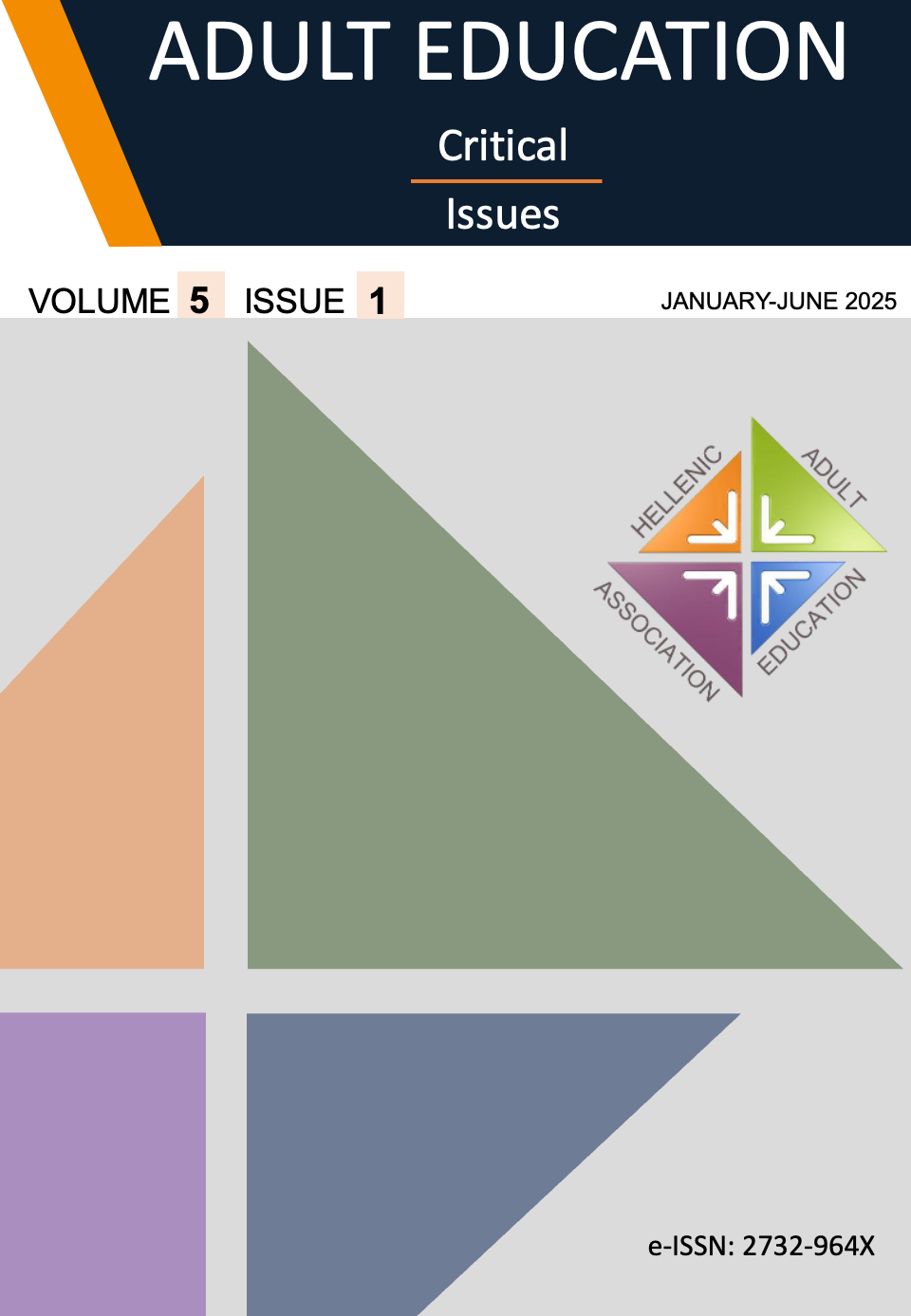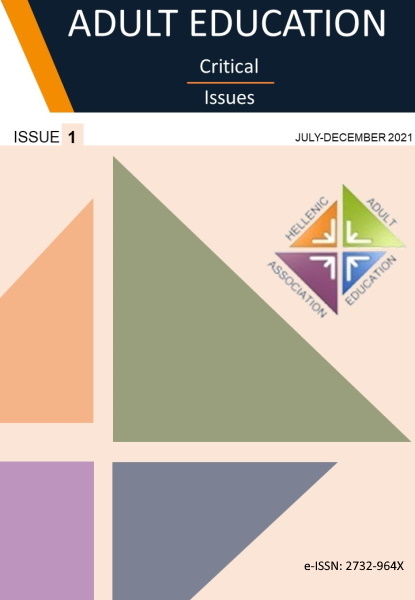The EU Communication 'Union of Skills': A further step toward embedding skills policies within a competitiveness-oriented economic rationality

Abstract
The European Commission’s Union of Skills, published on March 5, 2025, is presented as a strategic response to what is increasingly described as a multidimensional skills crisis, within a global context marked by growing uncertainty, geopolitical tensions, technological and environmental transformations, and deepening social inequalities. Within this framework, the EU appears to prioritize competitiveness by adopting an integrated approach to education, training, and employment policies, aligning them with economic priorities in an increasingly competitive international environment. This study critically examines the limitations of such a strategy, focusing on its strong emphasis on the economic function of education, often at the expense of its broader roles in fostering critical thinking, promoting social inclusion, and enhancing democratic participation. The initiative primarily centers on the concept of human capital development as an investment process, promoting a narrow linkage between skills and the short term needs of the labor market. In this light, skills policies are integrated into the EU’s broader strategic narrative for green and digital transition, reinforcing the view that lifelong learning and continuous skills development are key drivers of productivity and innovation. However, the technocratic and instrumentalist perspective shaping EU skills policy -despite its rhetorical commitment to social justice- may risk reinforcing existing social inequalities, particularly when it fails to account for the differentiated needs and socio-economic specificities of member states and social groups. The study highlights that the Union of Skills represents both a continuation and evolution of previous EU strategies, while also introducing new, increasingly concentrated governance structures. These may further entrench the link between education and macroeconomic goals and push national policies toward convergence under a common European trajectory. Against this backdrop, the key question remains whether this policy framework can be re-signified in ways that go beyond competitiveness to genuinely promote democratic well-being, social cohesion, and personal self-actualization. The study ultimately argues for a new, holistic and human-centered -as opposed to business-centered- approach to skills policy—one grounded in the principles of social justice, solidarity, and democracy. Education should not be confined to a purely instrumental role; as Paulo Freire once wrote, it must remain a practice of freedom—nurturing active participation and meaningful social progress.
Article Details
- How to Cite
-
Lintzeris, P., & Valassi, D. (2025). The EU Communication ’Union of Skills’: A further step toward embedding skills policies within a competitiveness-oriented economic rationality. Adult Education Critical Issues, 5(1), 7–22. https://doi.org/10.12681/haea.41618
- Section
- Articles

This work is licensed under a Creative Commons Attribution 4.0 International License.
Authors who publish with this journal agree to the following terms:
- Authors retain copyright and grant the journal right of first publication with the work simultaneously licensed under a Creative Commons Attribution License that allows others to share the work with an acknowledgement of the work's authorship and initial publication in this journal.
- Authors are able to enter into separate, additional contractual arrangements for the non-exclusive distribution of the journal's published version of the work (e.g., post it to an institutional repository or publish it in a book), with an acknowledgement of its initial publication in this journal.
- Authors are permitted and encouraged to post their work online (e.g., in institutional repositories or on their website) prior to and during the submission process, as it can lead to productive exchanges, as well as earlier and greater citation of published work (See The Effect of Open Access).



